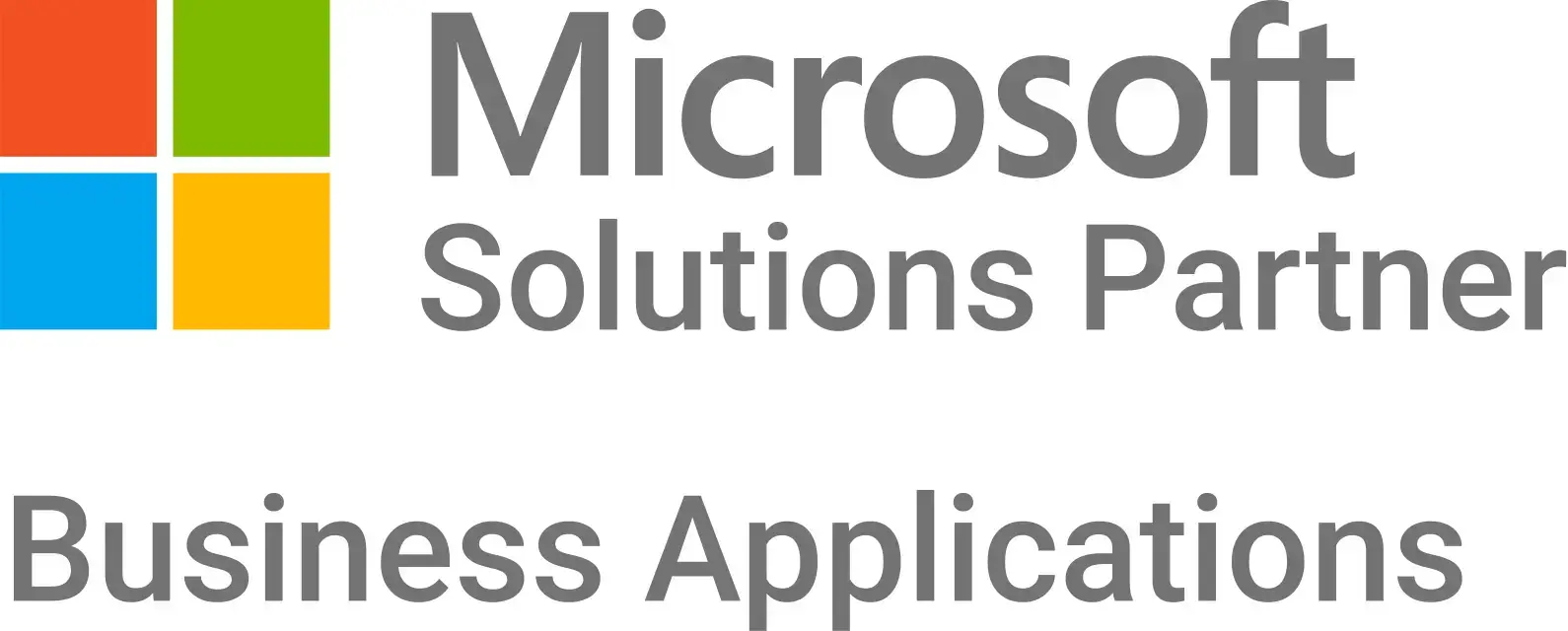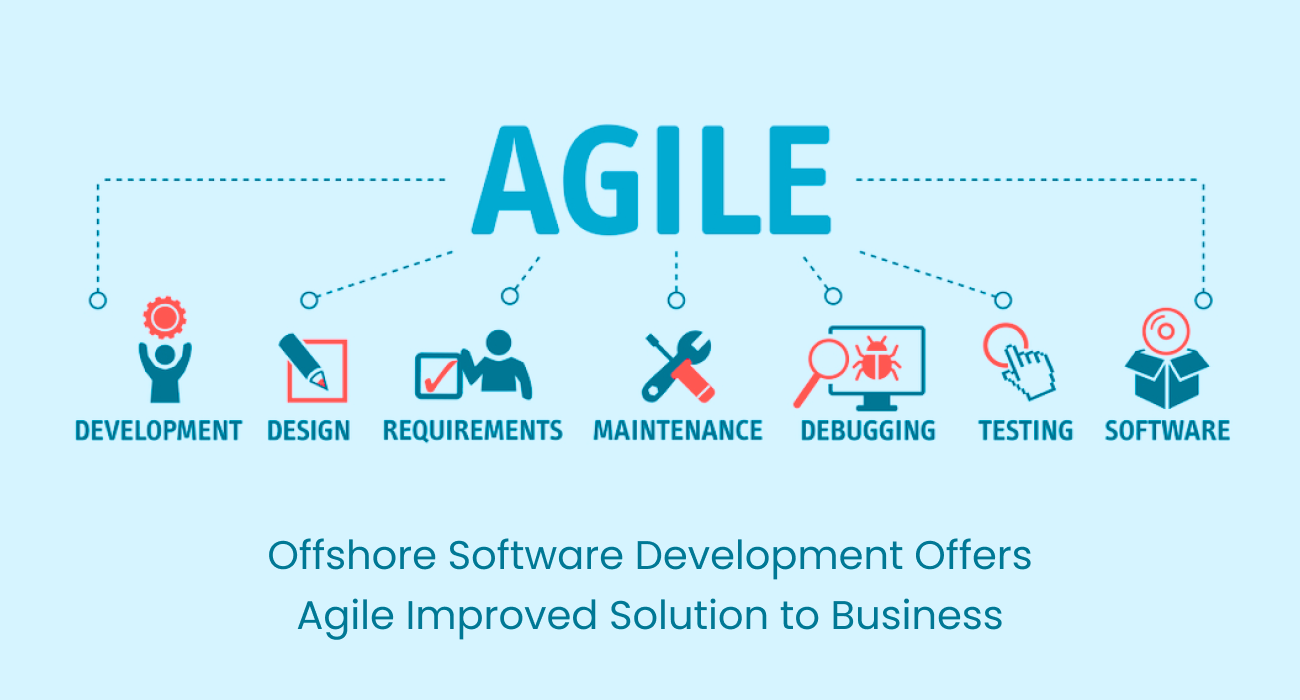It can be a herculean and daunting task to take a decision as to what approach to follow when starting a new mobile project- Hybrid, Native or HTML5. Now before we ponder such intimidating questions it is important to know the exact reasons as to why the world of mobile application development has scaled such enormous heights in such a short span of its existence. Basically, the mobile device is the main force running behind the main popularity of apps. We are all fascinated by touch, pinch/spread, rotate, share– the most exhilarating features of Smartphones.
There are many factors that play a part in your mobile development strategy, such as team’s development skills, required device functionality, the importance of security, offline capability, interoperability, etc., must be taken into account. In the end, it’s not just a question of what your app will do, but how you’ll get it there. Currently there are three most popular types of apps:
Native apps
Native app is an app which is specific to a given mobile platform (iOS or Android) using the development tools and languages that the respective platform supports (e.g., Xcode and Objective-C with iOS, Eclipse and Java with Android). Native apps always have upper edge on GUI and performance aspects compared to other alternatives.
Native App Pros:
- Native access to the phone’s senses
- Native access to the phone’s data
- Offline storage
- Richer GUI options
- App Store monetization/In-App Purchases
Native App Cons:
- Different Development Technologies
- Different IDEs
- Duplicate development efforts
- Increased support costs
- App Store approval queues
HTML 5 Apps
There has been a loud talk in the market about the HTML being infused into apps. Well an HTML5 mobile app is a web page, or series of web pages, that are designed to work on a tiny mobile screen. One special thing about the HTML5 apps is that it can run on any device that supports any modern mobile browser. And because your content is on the web, it’s searchable, which can be a huge benefit depending on the app (shopping, for example). In past couple of months HTML5 has emerged as a popular option for building mobile apps. It supports multiple UI frame works which are helpful for solving some of the common complex problems that developers face. J-Query mobile, iScroll, CSS3 etc. are the foundation pillar of successful HTML5 apps.
Pros of HTML5
There has been a loud talk in the market about the HTML being infused into apps. Well an HTML5 mobile app is a web page, or series of web pages, that are designed to work on a tiny mobile screen. One special thing about the HTML5 apps is that it can run on any device that supports any modern mobile browser. And because your content is on the web, it’s searchable, which can be a huge benefit depending on the app (shopping, for example).
- Multi-platform
- Update possible when the users are using the app
- Greater Visibility and marketing potential
- Perpetual Persistence
- Distribution and support is much easier
Cons of HTML5
There has been a loud talk in the market about the HTML being infused into apps. Well an HTML5 mobile app is a web page, or series of web pages, that are designed to work on a tiny mobile screen. One special thing about the HTML5 apps is that it can run on any device that supports any modern mobile browser. And because your content is on the web, it’s searchable, which can be a huge benefit depending on the app (shopping, for example).
- Slow
- Not so appealing user interfaces
- One cannot build complex apps such as games
- These apps only run on browser
Most applications could be considered hybrid apps. Web apps, such as online banking services, typically store some content locally; locally stored apps, such as Microsoft Word, also interface to the Internet.
Hybrid Apps
By definition, hybrid is anything derived from heterogeneous sources, or composed of elements of taken from different source. These apps are written with the same technology that is used for websites and mobile web implementations, and is hosted or runs inside a native container on a mobile device. It is the integration or diffusion of web technology and native execution. These applications are developed for a specific platform and installed on a computing device. Hybrid application features:
- Integration with a device’s file system.
- Integration with Web-based services.
- An embedded browser to improve access to dynamic online content.
Hybrid App Pros:
Without MCC there was a constant worry about the limited storage space of mobile phones. But, with Cloud Computing this problem has been resolved. Cloud-based applications have a greater storage capacity than other applications. The cloud’s server is built on an infrastructure which can be easily accessed through a mobile application.
- Majority of content portable (developed on mobile web)
- Disconnected state possible
- Some screens can be developed natively
- Notifications can be supported
- App Store exposure
- Decreased costs for multi-platform
Hybrid App Cons:
- Decreased user experience for mobile web-delivered content
- Offline access not trivial for mobile web screens
- Multi-platform wrapper requires native and mobile web technology know-how
What should I choose?
Like any other technology choice, deciding amongst native,hybrid and HTML5 requires you to look at the user experience and decide on the level of investment you need to make to achieve the goal. We, Techcronus, as an experienced mobile development team understand your needs and cater personalized solutions for app development on almost all major platforms using latest technologies like iOS, Android, Windows, PhoneGap etc. We, at TechCronus, offers onshore and offshore solutions for mobile and tablet software development. Our mobile application developers have hands-on experience in developing mobile and tab apps which involves working on both easy and complex solutions. Apart from developing native solutions, we work on unified and cross-platform applications as well. We also have dedicated development team for every mobile platform. For more details please write us at business@techcronus.com
















 Get Started
Get Started
